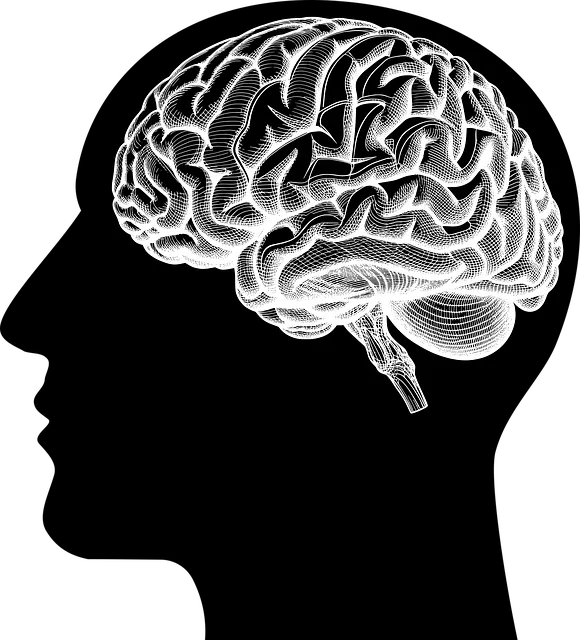Kaiser Permanente mental health facility Northglenn is a leading center leveraging advanced data analysis tools for personalized, effective care. Through meticulous data collection and preparation, strategic communication, and sophisticated algorithms, the facility understands patient populations, tailors treatment plans for conditions like anxiety, depression, and PTSD, and empowers communities with education. This holistic approach, powered by data-driven insights, positions Northglenn as a beacon of mental health excellence within the Kaiser network.
Mental health data analysis plays a pivotal role in improving patient outcomes at Kaiser Permanente Northglenn, a leading mental health facility. This article delves into the comprehensive process, from understanding raw data to utilizing advanced analytical techniques for deeper insights. We explore how Kaiser Permanente Northglenn collects, prepares, and interprets data to inform clinical decisions, ultimately enhancing patient care within this esteemed mental health facility.
- Understanding Mental Health Data at Kaiser Permanente Northglenn
- The Process of Data Collection and Preparation
- Advanced Analytical Techniques for Insight Generation
- Interpreting Results and Informing Clinical Decisions
Understanding Mental Health Data at Kaiser Permanente Northglenn

At Kaiser Permanente Northglenn, understanding mental health data is paramount to delivering effective care. As a leading mental health facility within the Kaiser network, Northglenn leverages robust data analysis tools to gain insights into patient populations and treatment outcomes. This data-driven approach enables healthcare professionals to tailor services, personalize treatment plans, and improve overall mental wellness. By examining trends in conditions like anxiety, depression, and PTSD, along with tracking participation rates in programs such as Self-Care Routine Development for Better Mental Health and Mental Wellness Podcast Series Production, the facility ensures that resources are allocated efficiently.
Moreover, Kaiser Permanente Northglenn’s commitment to mental health extends beyond clinical care; it also encompasses educational initiatives aimed at fostering mental health literacy. The design of Mental Health Education Programs plays a crucial role in empowering individuals and communities to recognize and address mental health issues early on. This holistic approach, combining advanced data analysis with comprehensive education programs, positions Kaiser Permanente Northglenn as a beacon of mental health excellence within the healthcare landscape.
The Process of Data Collection and Preparation

The process of data collection and preparation is a foundational step in mental health data analysis at Kaiser Permanente mental health facility Northglenn. It involves gathering comprehensive data on patient demographics, diagnosis, treatment plans, and outcomes from various sources, including electronic health records, surveys, and qualitative interviews. This initial phase is crucial for ensuring the quality and accuracy of insights derived later in the analysis process.
Effective communication strategies are employed during data collection to foster trust and reduce the Mental Illness Stigma Reduction Efforts. Trained professionals use sensitive and inclusive language to encourage honest patient participation, especially when discussing challenging topics like stress management and mental health experiences. Once collected, raw data undergoes rigorous preparation, cleaning, and validation to address inconsistencies, missing values, and errors, ensuring that the analysis proceeds with reliable and meaningful information.
Advanced Analytical Techniques for Insight Generation

At the forefront of mental health data analysis at facilities like Kaiser Permanente mental health facility Northglenn, advanced analytical techniques are playing a pivotal role in generating valuable insights. These techniques leverage sophisticated algorithms and machine learning models to uncover intricate patterns within vast datasets, offering profound understandings of patient experiences, treatment outcomes, and risk factors. By delving into these data landscapes, healthcare professionals can make more informed decisions that cater to individual needs.
For instance, analyzing trends in emotional regulation among patients can help identify specific interventions effective in burnout prevention. Moreover, examining cultural competency within provider-patient interactions through data analysis facilitates targeted training initiatives aimed at enhancing care delivery. These analytical approaches not only contribute to the scientific understanding of mental health but also empower healthcare providers with evidence-based strategies to offer more personalized and impactful support to their patients at Kaiser Permanente mental health facility Northglenn and beyond.
Interpreting Results and Informing Clinical Decisions

When analyzing mental health data at a facility like Kaiser Permanente mental health facility Northglenn, interpreting results accurately is paramount. This involves more than just identifying trends; it requires a nuanced understanding of individual patient journeys and the broader contextual factors that influence mental well-being. By delving into data, healthcare professionals can uncover insights that inform tailored clinical decisions. For instance, patterns in stress levels might reveal specific triggers within the patient population, guiding the implementation of targeted Stress Reduction Methods.
Moreover, the analysis can highlight disparities or areas needing attention, such as gaps in access to Trauma Support Services or the need for enhanced Healthcare Provider Cultural Competency Training. This data-driven approach ensures that care is not only effective but also equitably distributed, fostering a more inclusive and responsive environment at Kaiser Permanente mental health facility Northglenn and beyond.
Mental health data analysis is a powerful tool for Kaiser Permanente’s Northglenn facility to gain valuable insights and drive clinical decisions. By understanding complex datasets, preparing them efficiently, and employing advanced analytical techniques, the team can identify trends and patterns that improve patient care. This process enables evidence-based practices, personalizes treatment plans, and ultimately enhances the overall mental health outcomes for patients at Kaiser Permanente Northglenn.






